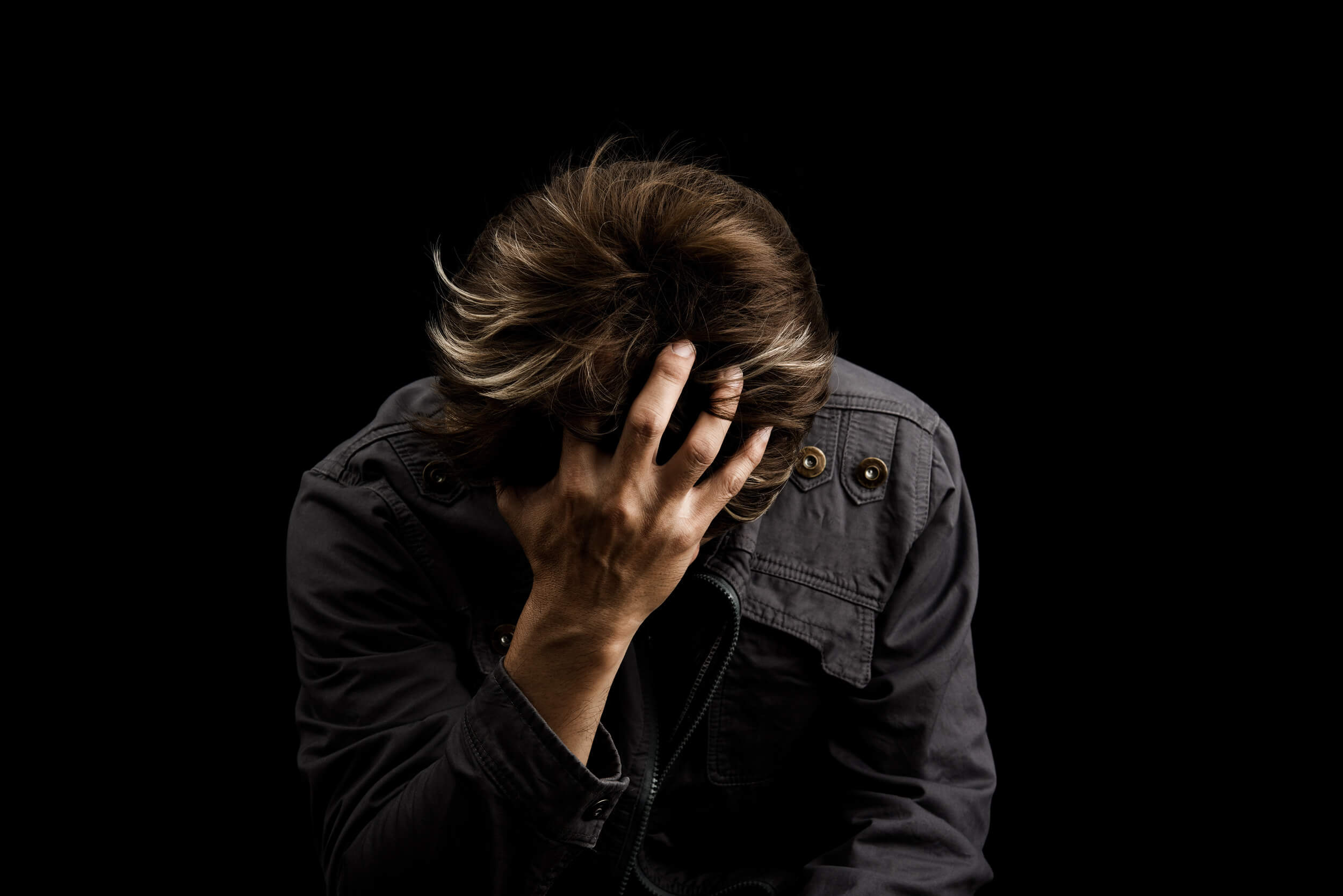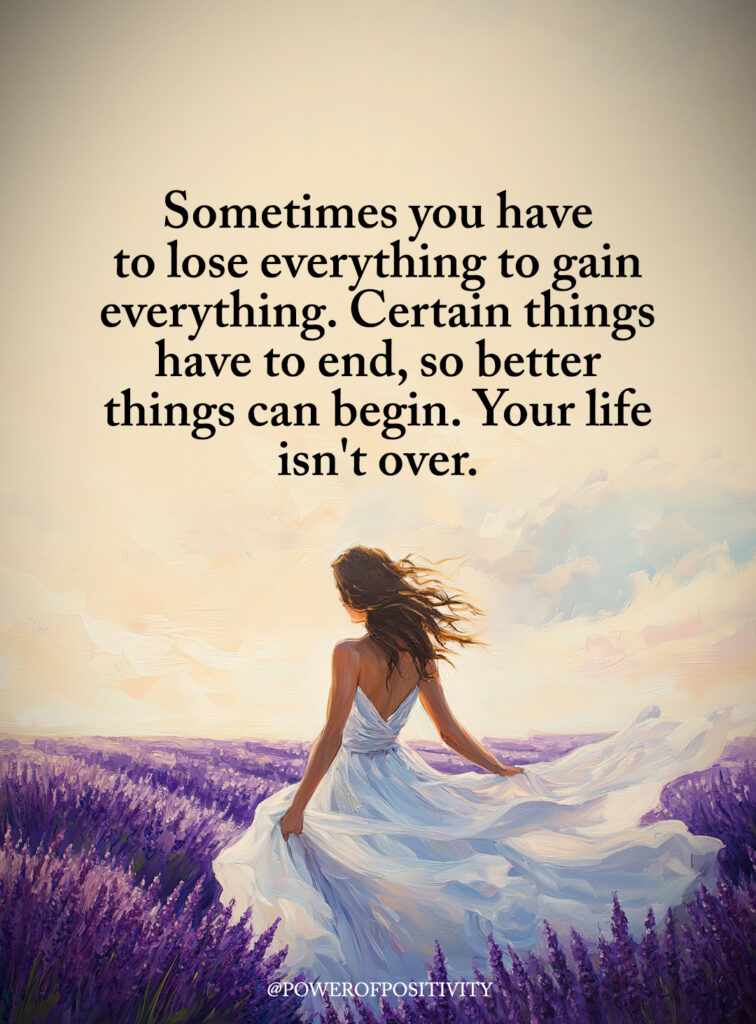Not sure when to open up about your mental health? That hesitation is actually a good sign—it means you care about how the conversation goes. Dating with depression isn’t about putting everything on the table right away. It starts with checking in with yourself.
Think about what you’ve made peace with and what still feels heavy. Some parts of your story might be too fresh or too complex to share yet—and that’s okay.
Before you share, ask yourself a few honest questions: Have I made sense of this part enough to talk about it? Can I trust this person to respond with care and respect? Am I being honest, or just trying to explain myself too soon?
You’re allowed to move at your own pace. That’s not hiding—it’s protecting your peace.
What You Might Want to Share—When You’re Ready
At some point, the connection might feel strong enough that you want to be more open. Dating with depression doesn’t mean you have to give a full explanation right away—but offering a small window into your experience can help build trust.
Symptoms, Not Labels
Labels can feel heavy, especially early on. A simple sentence like, “I get quiet when I’m not doing great,” can give your date a better understanding without making it a big deal.
What You Need During a Low Point
Everyone handles tough days differently. If silence helps, say that. If a kind check-in makes a difference, mention it. Talking about what feels helpful makes things smoother later on—and avoids confusion or hurt feelings when you’re having a rough patch.
What you share is totally up to you. Being clear doesn’t mean oversharing—it just means making room for care.
Timing Matters—Choose a Moment of Emotional Neutrality
Big conversations hit harder when emotions are already high. If you’re having a bad day, or if the other person seems stressed, it’s not the right time.
Pick a moment when things feel stable. Maybe you’re hanging out and chatting naturally—somewhere private, calm, and not too serious. That’s when both people can actually listen, not just react.
Sharing something personal during a low moment can make it feel heavier than it is. Waiting for a more neutral space helps you stay grounded and gives the other person space to take it in with care.
When dating with depression, timing doesn’t have to be perfect—but it should feel safe.
What You Don’t Need to Share (Unless You Want To)
Some parts of your story are still unfolding—and that’s reason enough to keep them close. Dating with depression doesn’t mean you owe anyone every detail right away. If something feels too raw or hard to explain, it’s okay to say, “I’m not ready to talk about that yet.”
Setting that boundary doesn’t push people away—it actually shows you’re being thoughtful with your trust.
Past Trauma, Suicidal Thoughts, or Medication History
These things might come up down the line, especially in a committed relationship. But early on, they don’t need to be part of the first few conversations. You’re not “hiding” anything by waiting—you’re taking care of yourself, and that matters.
How to Talk About Depression Without Making It the Main Topic
You can be honest about your mental health without making it the headline. Dating with depression doesn’t mean leading every conversation with it. Think of it as one piece of who you are—not the whole story.
Maybe you bring it up casually when talking about routines or things that help you feel balanced. That way, the conversation stays real—but not too heavy.
Be Direct but Grounded
Saying something like, “Depression is something I manage—it shows up sometimes, but I have ways of dealing with it,” can open space for connection without making things awkward. You’re not looking for pity—you’re just being yourself. And that’s more than enough.
7 Gentle Reminders to Hold as You Navigate Dating with Depression
When you’re trying to build something real while also managing your mental health, it helps to carry a few reminders with you. Dating with depression brings extra layers, but that doesn’t mean love isn’t possible. It just means you need a little more care—for yourself, too.
1. You’re Still Deserving of Healthy Love
Some days might feel heavy, but that doesn’t make you unlovable. Your worth isn’t measured by how “okay” you seem—it’s in how fully you show up as yourself.
- You’re not too much.
- You’re not broken.
- You’re allowed to be loved as you are.
2. You Don’t Have to Be ‘Fixed’ to Be in a Relationship
Relationships aren’t rewards for having it all together. You don’t need to be fully healed before letting someone in. Real connection happens in the middle of growth—not just after it.
3. It’s Okay to Take Things Slowly
Moving at your own pace is a strength, not a flaw. Whether it’s about emotional closeness or physical intimacy, there’s no “right” timeline—only what feels safe and steady for you.
4. Not Everyone Will Handle It Well (And That’s Information)
If someone pulls away or reacts poorly when you open up, that’s useful to know. It’s not a reflection of your value—it’s a sign of where they are in their own ability to hold space.
5. Lows Don’t Mean You’re Failing at Love
Having a hard day doesn’t erase your ability to care, connect, or be a good partner. Depression might visit—but it doesn’t speak for you or your whole relationship.
6. It’s Not Your Job to Educate or Perform Emotional Labor
Being open doesn’t mean you have to be someone’s mental health guide. If they want to understand better, they can take the lead in learning. Your energy is precious—spend it where you feel safe.
7. You Can Pause the Conversation Any Time
You never have to keep talking just because a subject came up. If it starts to feel too heavy, it’s okay to say, “Let’s talk about this later.” That’s not avoidance—it’s self-care.
How to Respond If They Don’t Get It
Not everyone will know how to respond when you open up—and that’s okay. If their words hurt or make you feel small, say what you need without apology. You’re allowed to say, “That didn’t feel good,” or “I need a little space.”
Some people just aren’t ready for the kind of honesty dating with depression involves. That’s not your fault.
- You deserve a soft place to land, not to shrink.
- You’re allowed to walk away from what feels unsafe.
- The right connection will make room for all parts of you.
How to Create Emotional Safety in New Relationships
Being honest is one thing—but feeling safe enough to be honest is what really matters. Dating with depression can feel easier when the other person shows they can handle real emotions, not just surface-level fun.
Pay attention to how they respond when you talk about hard things. Do they try to fix it, or do they just listen? Can they stay calm when you’re not? Emotional safety doesn’t come from saying “I care”—it comes from consistent actions.
- Notice if they interrupt or let you finish.
- Watch how they treat your silence—not just your words.
- Trust your gut when something feels calm or tense.
When to Involve Professional Help in the Dating Equation
Sometimes dating brings up old wounds or feelings that are hard to sort out on your own. If you feel overwhelmed, confused, or stuck, that’s a sign therapy might help.
A mental health professional can help you figure out how to talk about depression in ways that feel natural and safe. They can also help you set healthy boundaries and recognize red flags early.
- It’s not a sign of weakness—it’s a smart move.
- You don’t have to handle everything alone.
- Therapy can help you show up more confidently in love.
Final Thoughts on Dating with Depression
You’re allowed to protect your story while still opening your heart. Dating with depression isn’t about putting on a brave face—it’s about choosing honesty without losing yourself in it.
The goal isn’t to explain everything. It’s to connect with people who care enough to meet you where you are. You don’t need to be “fixed” to be loved, and your mental health doesn’t disqualify you from having a meaningful relationship.
When you share from a place of self-respect, you give others the chance to show up with care. That’s where real connection begins.















